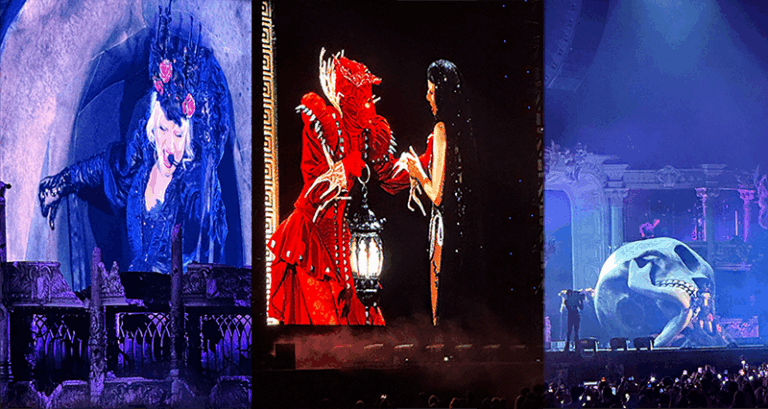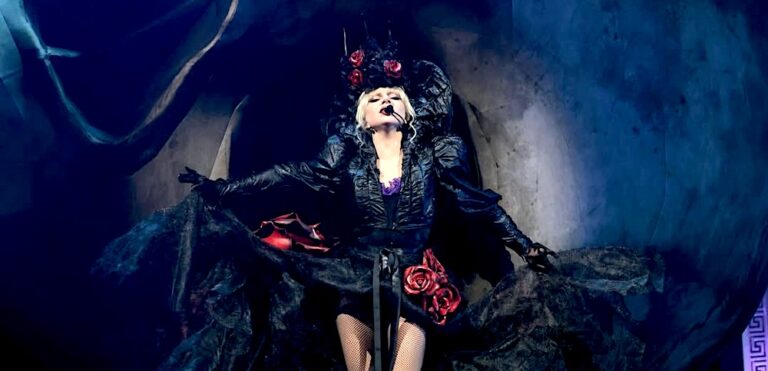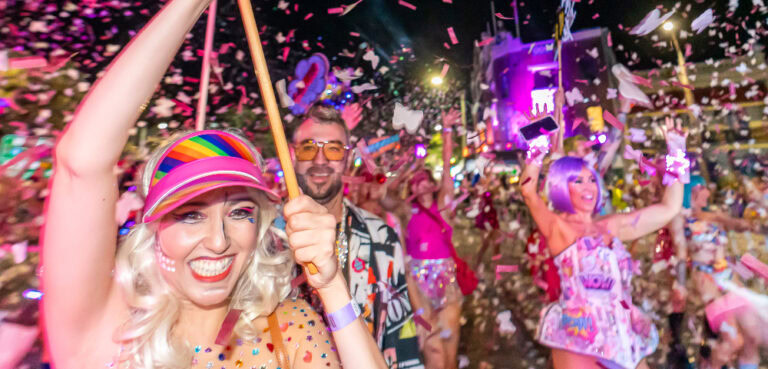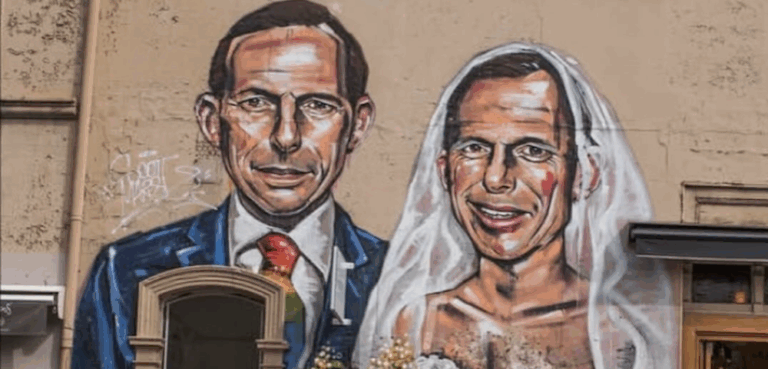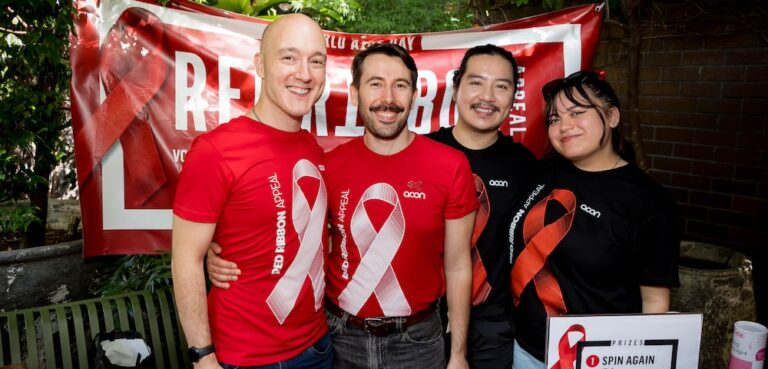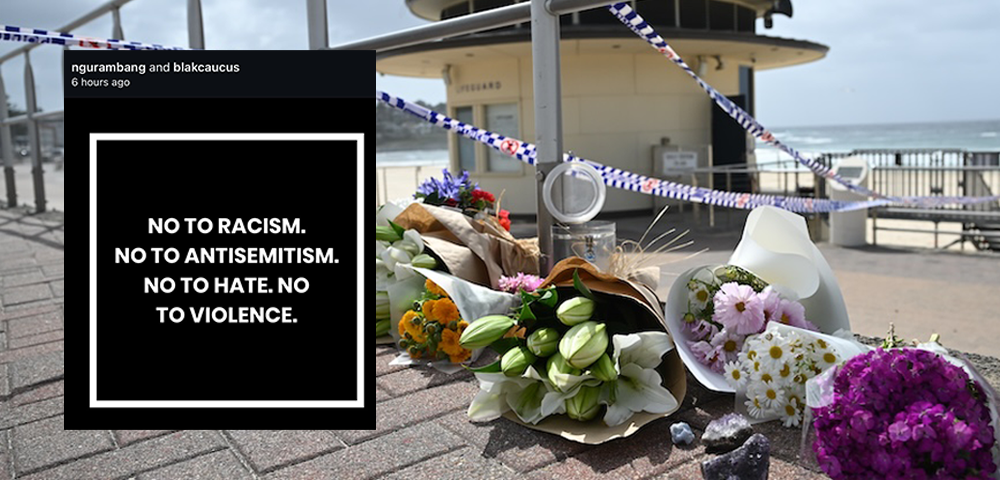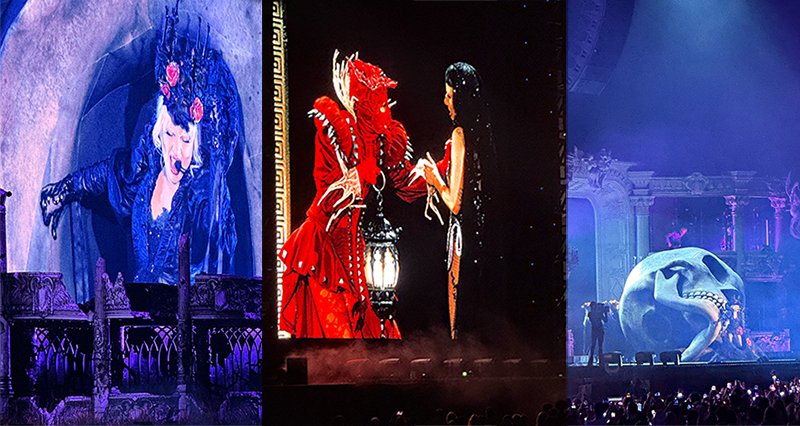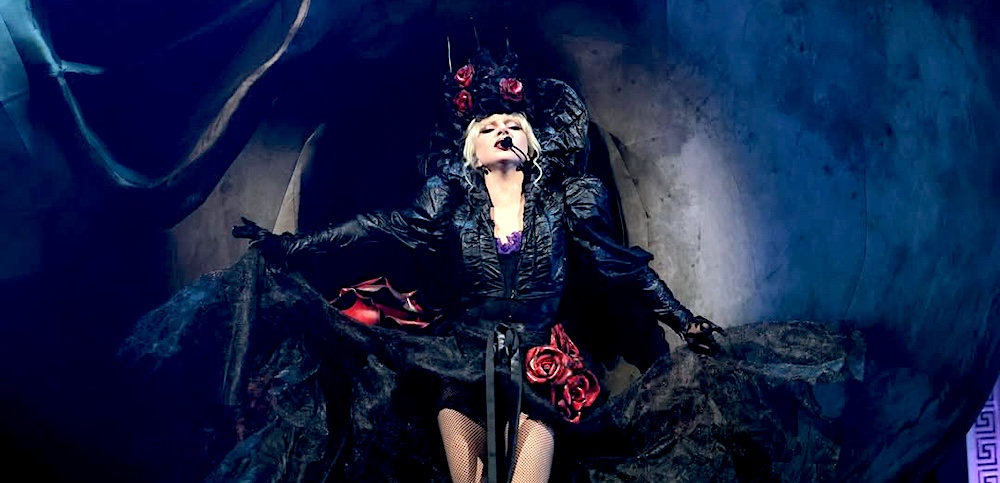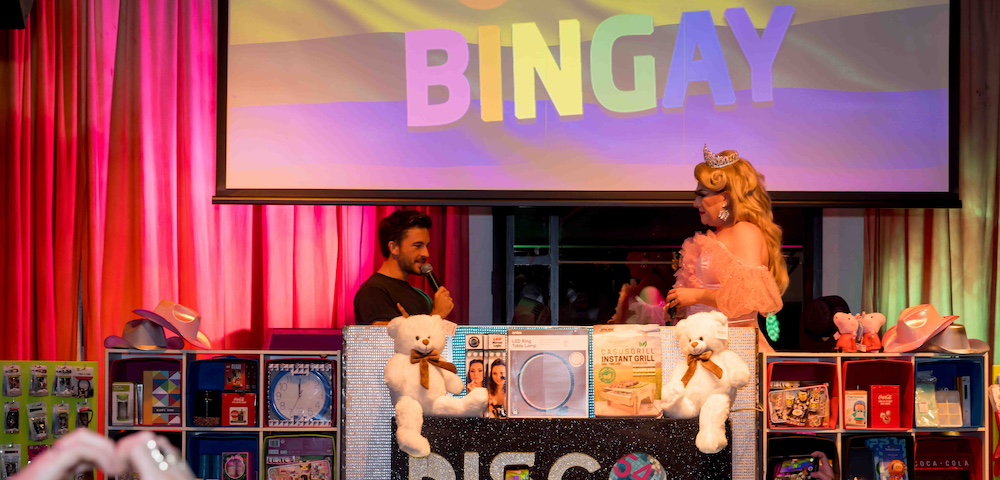
Adrian Mouhajer: Warrior Against Discrimination

When you are Lesbanese balancing faith and queerness can be a challenge. This is especially difficult in a country where the Coalition seems hell-bent on pushing an ill-conceived and dangerous Religious Discrimination Bill through Parliament, before the Christmas break.
“A most concerning bit for me is the Folau clause,” Mouhajer explains. “If a person is famous and of faith, they can say terrible things on social media and get away with it.” The Australian reported in November 2019 that Israel Folau made public comments linking the NSW bushfires to “God’s revenge for gay marriage.”
In a letter to Federal MPs, Just Equal, a national LGBTQI advocacy group, warned that “this Bill overrides State, Territory, and Federal anti-discrimination laws, including the Fair Work Act. It gives special rights to religious people to discriminate against anyone, including people with a disability, women, LGBTI people, those from minority faiths and others who fall foul of traditional religious dogma. Examples given were doctors refusing to prescribe hormone treatments or give referrals for surgical procedures to transgender people and chemists refusing to sell oral contraceptives or PrEP because of their beliefs about sex outside marriage.”
Working as a Program Coordinator of Safety Inclusion and Justice with ACON, being a committee member of Sydney Queer Muslims – a collective committed to making a safer place for LGBTQI people in Western Sydney, and as someone who is “still gay” and has returned home to live in their cultural community, Mouhajer is concerned about the effects that passing the Bill will have. “In the Muslim community, information may become limited especially in taboo areas like mental health and sexuality,” Mouhajer says.
A Western Sydney University report showed that “there was a lot of want for LGBTQ+ inclusive spaces in Western Sydney,” but accessibility was more difficult. ACON, acting as an umbrella, distributes much needed educational opportunities and resources to local, inclusive networks, who in turn deliver to the community. Would these survive a community backlash? ACON’s Welcome Here Project is one where local businesses in Western Sydney, such as cafes, sports venues, libraries, et cetera, show a public commitment to inclusivity by displaying a symbol and openly celebrating LGBTQI diversity. Would this continue?
So many positive programs could be lost but regardless of this, Mouhajer will continue.
“Religion should be a source of comfort and connection. It should not be used to hurt others.”
